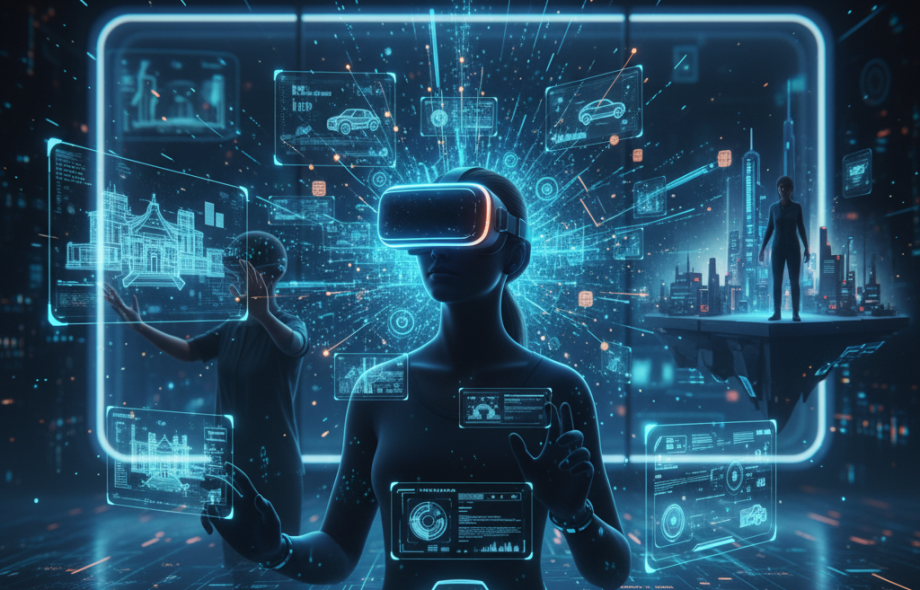In today’s rapidly evolving technological landscape, one term that has been generating buzz is Extended Reality (XR). XR encompasses a spectrum of immersive technologies that blend the physical and digital worlds, including Virtual Reality (VR), Augmented Reality (AR), and Mixed Reality (MR). This cutting-edge technology has the potential to revolutionize industries ranging from healthcare and education to entertainment and gaming.
One of the key advantages of XR is its ability to create immersive and interactive experiences that can transport users to different realities. Whether it’s exploring ancient civilizations in VR, visualizing complex medical procedures in AR, or playing multiplayer games in MR, XR opens up new possibilities for engagement and learning. This technology has the power to transform how we work, play, and connect with each other.
The healthcare industry is one of the early adopters of XR technology, using it for everything from medical training and patient education to surgical planning and therapy. For example, surgeons can now practice complex procedures in a realistic virtual environment before performing them on real patients, leading to improved outcomes and reduced risks. AR is also being used to enhance the patient experience by overlaying digital information on the physical world, improving diagnosis and treatment.
In the field of education, XR is revolutionizing how students learn and engage with course material. Imagine studying the solar system by virtually exploring each planet, or diving into a historical event by experiencing it firsthand through immersive storytelling. XR has the potential to make learning more interactive, engaging, and accessible to students of all ages and backgrounds.
Entertainment and gaming are also being transformed by XR technology, with companies creating immersive experiences that blur the lines between fiction and reality. From live concerts in VR to interactive storytelling in MR, XR is pushing the boundaries of what is possible in the world of entertainment. The gaming industry, in particular, is embracing XR technology to create more immersive and realistic gameplay experiences that captivate players and keep them coming back for more.
As XR technology continues to evolve and become more accessible, it will undoubtedly have a profound impact across various industries. Businesses that embrace XR will be able to differentiate themselves, enhance customer experiences, and unlock new revenue streams. From retail and marketing to architecture and design, the possibilities are endless.
In conclusion, Extended Reality is poised to revolutionize the way we interact with technology and the world around us. By embracing XR, we can open up new opportunities for creativity, innovation, and collaboration. As this technology continues to mature and expand, it will be exciting to see how it shapes the future of various industries and transforms our daily experiences.
 :
https://www.pinterest.com/xceltec0192/
:
https://www.pinterest.com/xceltec0192/












